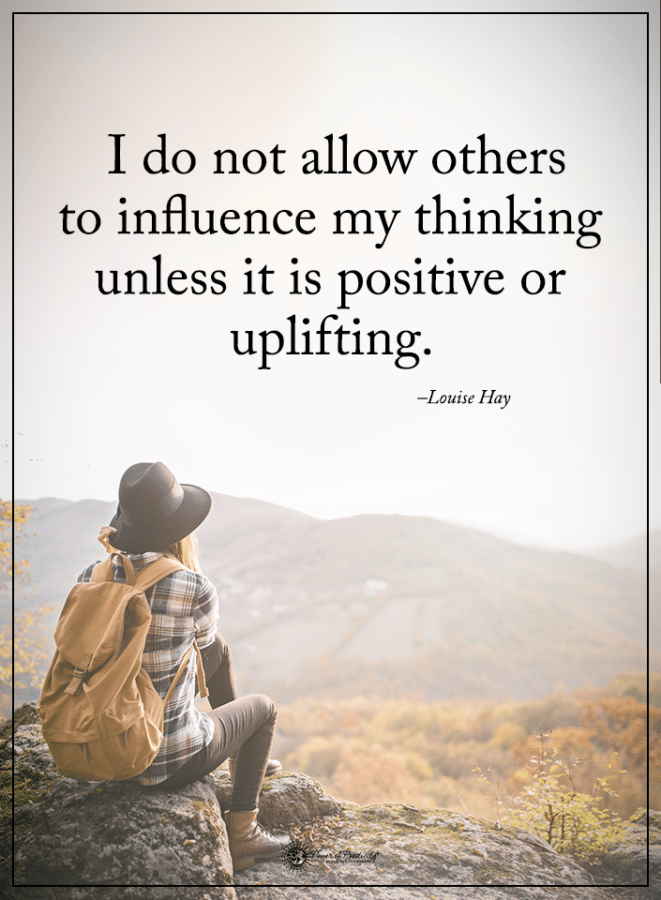Very few things in the world can be worse than feeling left out or unwanted by the person you love most in the whole world. So it can feel like a splash of cold water if your partner is no longer attracted to you.
International dating, relationship, and intimacy expert Giordana Toccaceli mentions, “If your partner doesn’t desire you as much as you want, you need to take a deeper look at the polarity in the relationship.”
You can find yourself in that situation very easily and it’s not long before you start taking your frustration with the lack of appreciation out on your partner. You might also be second-guessing yourself all the time – stop doing that and instead focus on the signs to look out for that your partner may be losing interest in you and the ways to fix them.
Here Are 7 Signs Your Partner Isn’t Attracted To You
“Love is about mutual respect, apart from attraction.” – George Best
1. When your partner’s not attracted, the romance is dead
You both get caught in your routine and you begin putting up with each other’s presence rather than appreciating it. Romantic date nights are a thing of the past, they no longer seem to be interested in Netflix and chill sessions with your favorite show, and sex is a long-forgotten fantasy.
The way to fix this is to take initiative and plan date nights, trips, cinema visits or even getting more creative in bed – those are all things you can do to spark up your SO’s interest again and make them feel like you haven’t left the honeymoon phase.
2. They have no time for you
This can manifest in many different ways – the most common one is when they make up ridiculous reasons to bail on your plans. If it rubs you the wrong way, then it’s something to look into. Why don’t they want to spend time with you, and what’s changed?
To mend this, you need to talk to your partner. Let them know what you’re thinking and ask for an explanation for their behavior – if they’ve been cold and unapproachable, you deserve one.
3. They pick fights if they no longer feel attracted to you
Life coach Kali Rogers says, “If you notice a shift in patience that could be a sign your partner isn’t happy with your compatibility.” Any couple can get annoyed with one another, but if things range into a territory that makes you uncomfortable, then they’re probably thinking about leaving.
It’s often the case that if someone’s sensitive to very trivial chores – like not emptying the dishwasher, for example – it’s a sign that they’re actually a lot angrier about something else. The key to fixing this is to stay calm and, the next time it comes up. Instead, ask your significant other what the real issue is. Once you get to the root of the problem, that’s when you can start solving it.
4. The silent phone
Of course, you should not call your SO every minute of every day. Nor should you expect that of them. It’s normal to have lives outside the relationship, however, it takes only a minute to text or two minutes to call and check how the other is. If that’s happening less and less, or if you find yourself always texting first, this may be a sign that your partner simply doesn’t care enough to check on you.
To overcome this, you should be open with them. Let them know that you need more communication day-to-day – and if they’re worth it, they’ll do everything they can to make you comfortable.
5. They don’t have plans for the future
If they like to talk about “my” rather than “our” future plans, that can normally be a big red flag. A truly committed partner will always see you with them in the next two, five, or ten years.
Former Newlyweds Expert for About.com Francesca Di Meglio adds, “If you don’t discuss the future, your spouse is no longer expecting to be with you for the long term or he’s simply not looking forward to it.”
If they’re dodging that subject, that signals that they’re probably not in it for the long-term. To help this, it’s a good idea to discuss how you feel about your future. Maybe take them to meet your parents, or go on a long vacation. That will definitely show your SO that you’re serious about the relationship and perhaps will help them consider you as a part of their future, too.
6. You have awkward conversations when the attraction fades
Remember the first few months of your relationship, when you couldn’t stop talking to each other? Well, if this is no longer the case, you need to reexamine why this is. Of course, it’s possible to exist in comfortable silence, however, if you’re walking on eggshells and can never find a topic of discussion with your partner anymore, that may be a problem.
Clinical hypnotherapist, author and educator Rachel Astarte states, “A small indication that your partner is unhappy in your relationship is a trending inability to communicate.” The way to fix this is to spice things up. Go somewhere new, be it another country, another town, or another restaurant for dinner. Discovering new experiences together can bring back excitement in a relationship.
7. You always come second if your partner is not attracted
The takeaway from most of these is that you want to feel like you’re your partner’s priority. Divorce Support Expert Cathy W. Meyer mentions, “If he would rather spend time with his friends than you, then that can bleed over into other aspects of the marriage and relationship.”
If you always put their needs above and beyond yours, but don’t get the same in return, that can be a big sign that they’re possibly losing interest in you. Unfortunately, the only way to fix this is to have a frank conversation. However, you must prepare to hear things you might not want to hear. Normally, if a relationship is at that stage, it’s close to the point of no return.
It’s vital to be able to pick your battles when it comes to relationships. If you think your relationship is worth salvaging and you’re willing to put the work in, great. But if you only feel miserable, then it’s probably time to end it and look for something better. That way, it won’t feel like you’re going through a bad time all the time!
Falling out of love is painful, especially if you feel your partner’s no longer attracted. But that will pass. When you meet the right person, you will never have to worry about any of these things – and if you do, it’ll be easy to solve them by knowing how devoted they are to you.















